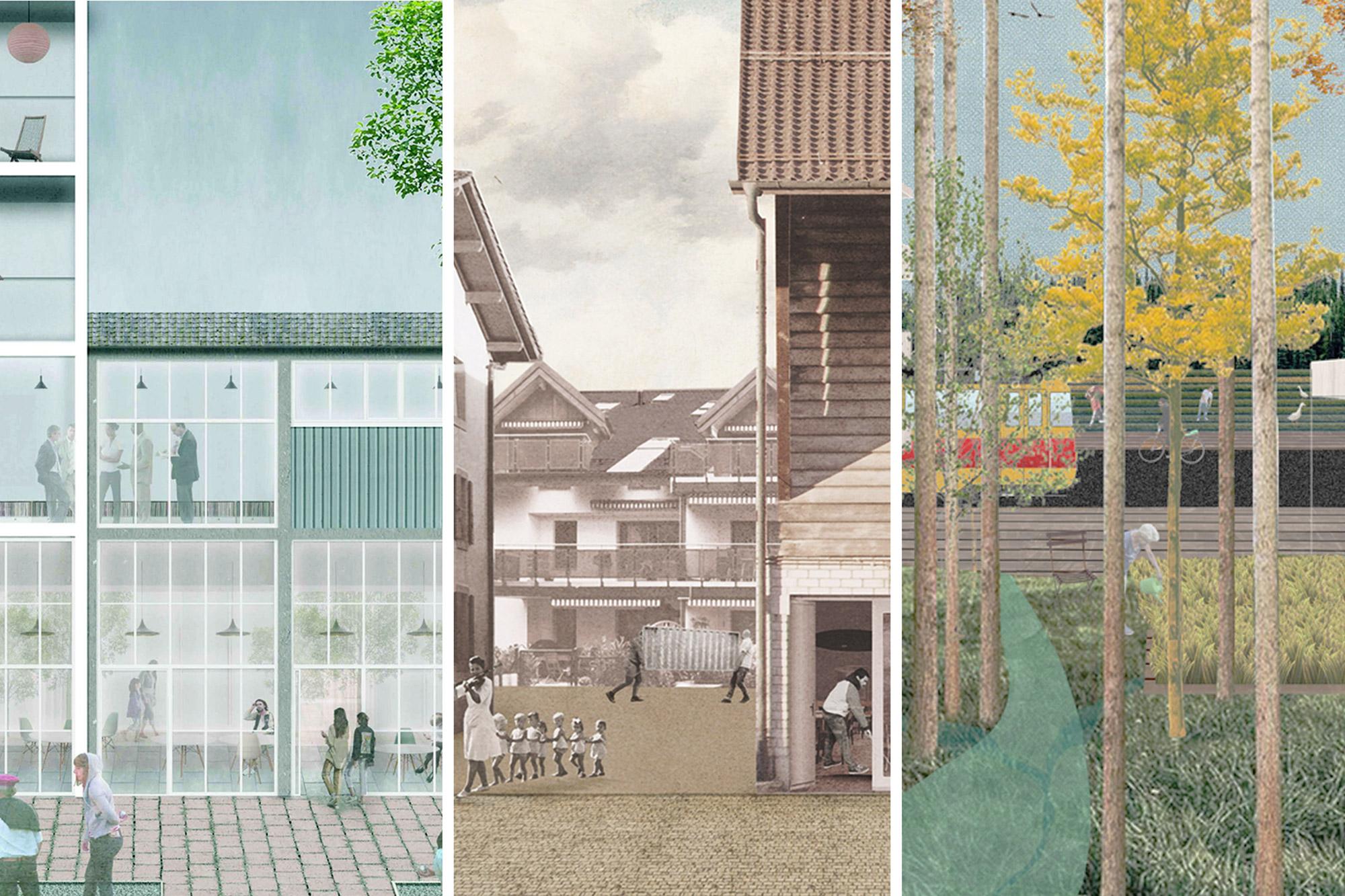Portrait

The goal of the NRP 81 is to bring together divergent perspectives, scattered disciplines and professions with a clear and pertinent objective: to improve the quality of the built environment with a view to sustainability.
The term "Baukultur" has become widely used in recent years to describe the diverse interests and concerns related to the built environment. Baukultur is about the culture of the builder, the owner or sponsor and, ultimately, the whole "building system", which includes the countless and diverse actors destined to be involved in the building process at one stage or another. Even more importantly, Baukultur concerns the relationship that society as a whole has with its built environment, the way in which it is used and inhabited. Baukultur is at the heart of our relationship with the world and, as such, one of the essential conditions for its transformation towards sustainability.
What are the objectives of NRP 81?
NRP 81 "Baukultur. For a Social and Ecological Transition of the Built Environment" aims to improve our understanding of processes in the built environment and their evolution through interdisciplinary and transdisciplinary collaboration. More specifically, the programme aims
- to link Baukultur to social and ecological transition;
- to promote the use of materials and resources and standards, taking into account sufficiency, traceability and responsibility;
- to reconnect Baukultur with society;
- to reaffirm the specificity of each place (built environment, site);
- to address traditional and new aesthetics, cultural techniques and values of the built environment;
- to adapt and define the necessary legal framework and certification processes;
- to promote research on responsible investment methods;
- to establish new and strengthen existing collaborations with institutions and civil society.
Why is the research programme important?
The built environment is an asset of immense value that must be cherished and preserved as a collective heritage. It is vital that action is taken to drastically reduce greenhouse gas emissions and bring resource consumption to sustainable levels. This raises the question of how we can and should transform the built environment to ensure a high quality of life for future generations, while halting the overuse and degradation of the environment. The concept of “Baukultur”, as defined in the “Davos Declaration” and the Confederation’s “Baukultur Policy” since 2018 and 2020, is key to successful future adaptive development and forms the basis of the concept for this National Research Programme.
How long will the research programme last and how much will it cost?
NRP 81 has a total budget of CHF 10.6 million. The research phase will start in early 2025 and run for a duration of 5 years.